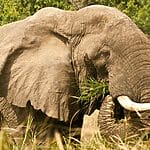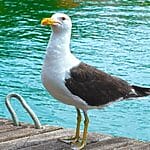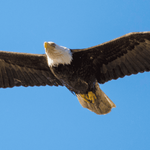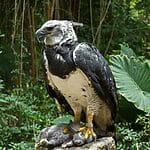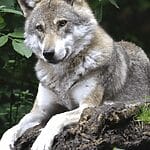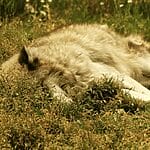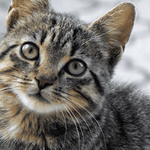Hunting has been a way of life for both humans and the greater animal kingdom since the dawn of time. However, hunting has long changed from the preservation of life for food purposes and warmth. Nowadays, hunting has become a blood sport.
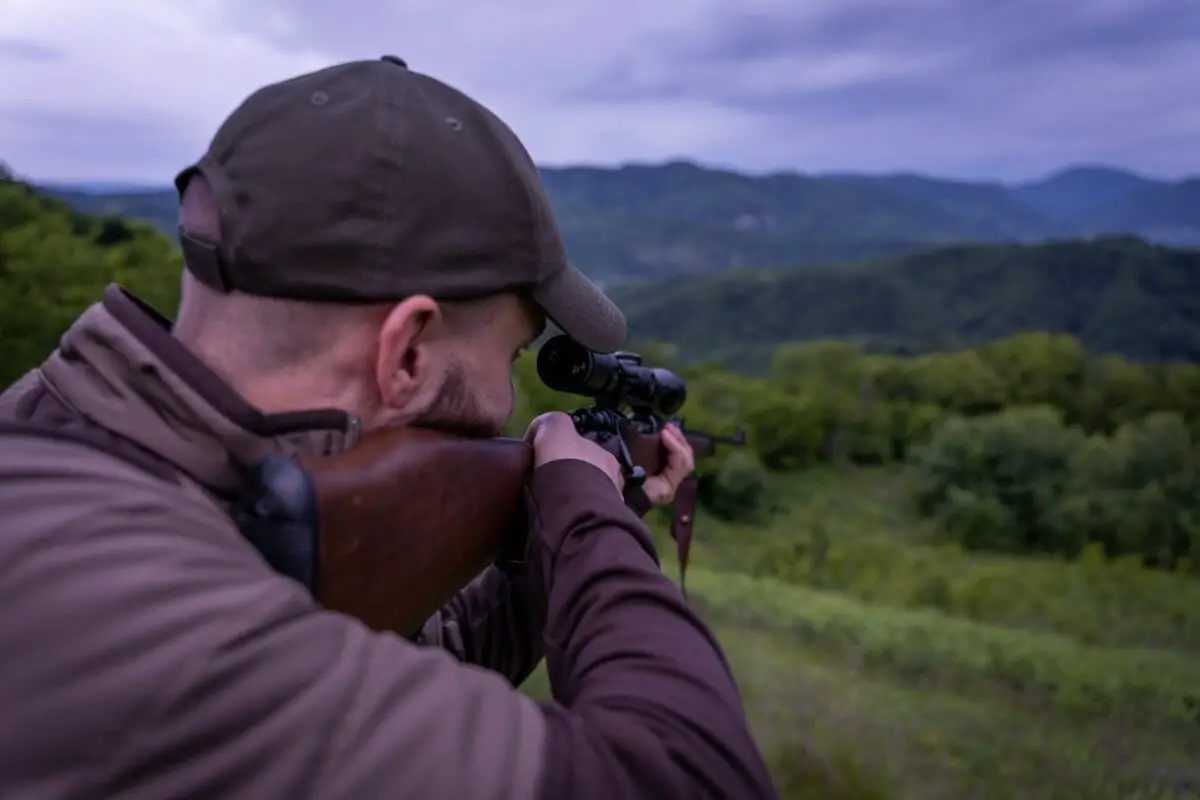
As a result of this, our wildlife has been affected in several ways and governments around the world have tried to act to sort some of the problems out.
But what would happen if we banned hunting entirely? How would wildlife be affected? We’ve written this guide that aims to find out. Looking to learn more? Then read on!
Learn From Our History
The first thing we should look at is a lesson from our world’s history. We all are likely aware that hunting was a necessity for food and clothing many years ago – but of course, we can now survive largely from plants and synthetic clothing.
In the late 1860s and 1870s, Americans nearly made the bison entirely extinct. In some ways, this was due to the war with the native Americans and cattle disease was a secondary factor.
However, the biggest reason for such a mass decline in the bison’s population was due to over-hunting. It was around the same time that the passenger pigeon became extinct too – again, due to the same reasons.
Due to animals becoming extinct, the earliest forms of conservation were introduced. Similar effects were seen in 20th century Europe after the Second World War too.
Many countries in Europe suffered significant losses of deer and other game due to overhunting and the direct result of the war. Once again though, this led to conservation and reintroduction efforts being made.
Ban Hunting – Is That The Answer?
Due to such huge losses and the near extinction of some animals, many people think that the answer could be simply to ban hunting entirely. But is that the right answer? Let’s take a look at some of the potential consequences.
Land Conversion
If we decided to ban hunting entirely and decided to stop managing wildlife, then the lands would almost certainly be converted for something else. This could be for agricultural uses or for housing purposes.
Despite not actually hunting the wildlife, the direct result of this would mean huge population decline in animals because they would lose their homes and have to live elsewhere.
Overpopulation
Assuming that we did not convert the lands, it’s entirely possible that without hunting some animals in a controlled way, the numbers of their population would skyrocket. Now, while this does not sound initially like a bad thing, there are plenty of problems.
With so many of the same animals, their food source will begin to run out – causing them significant problems. Animals could live a very short and painful life, which in many ways is far more cruel than controlling their numbers.
With overpopulation, there also comes the problem for humans – especially if the animal is potentially dangerous. A perfect example of this comes in the United States, where alligators are hunted in specific months.
Without controlling their numbers, alligators would become a danger to the local human population.
Potential For More Predators
With such an abundance of food, predators are likely to grow in numbers. Similar to our previous point, the number rise would cause significant problems to humans.
A Lack Of Food
As we said earlier, due to a growing number of animals like herbivores, the local ecology becomes significantly impacted. This leads to a reduction in trees, plants and alike.
A direct consequence of this means some animals are affected if they call these areas home, and even we are affected. Without hunting, our diet would be converted to a vegetarian or vegan diet.
This would mean that with a lack of plants and grain, we would suffer with potential famine.
A Growth In Disease
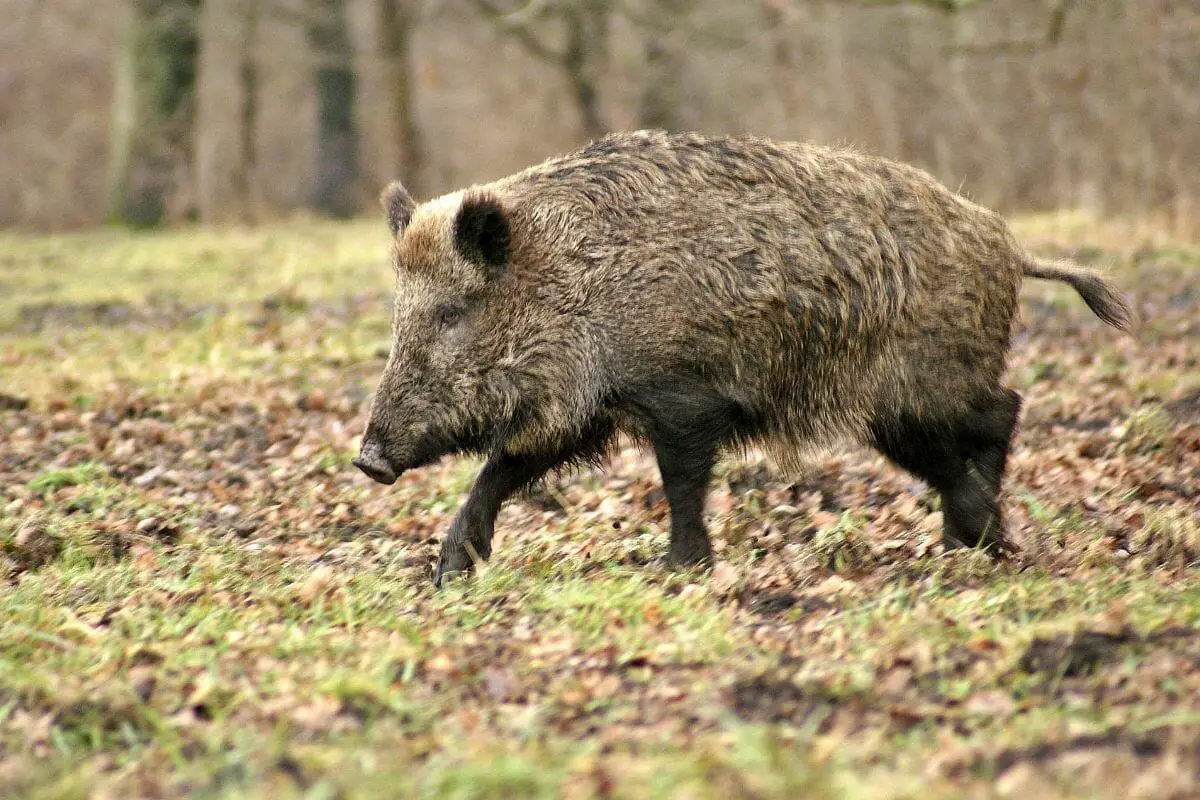
One of the largest consequences to a boom in wildlife population is the emergence of new diseases. When the numbers grow, these zoological diseases will spread extremely quickly and we would need to work as quickly to research and develop vaccines.
With controlled management of these animal populations, the spread of new diseases is significantly reduced and we, and other animals, are less likely to fall foul of a pandemic.
A perfect example of this is seen with foot and mouth disease in the United Kingdom, the H1N1 bird flu and swine flu.
So, Do We Need Hunting?
While we don’t like to think about it, the fact of the matter is that the data and research suggests that we do need hunting. However, it’s the way in which we conduct our hunting that makes a huge difference.
You see, according to many experts – there is a viable number in a population that makes survival possible for a species, without causing other significant damage.
So, what is the answer then? Let’s explore the potential options to keep our wildlife and habitats safe.
Research
The first and foremost thing we must do is to research the population and life of the animals we are hunting. We need to ensure that we are not over-hunting them and also not allowing their numbers to grow to an overwhelming level.
In many countries including the United States and Canada, hunting periods are granted to control the numbers of these animal populations – however, outside of these hunting windows, conducting any hunting would be considered a crime.
So, if we continue to research how other countries are controlling the population and how well it is working, we could work together to come up with an amicable solution.
Understand The Necessity
It’s critical that we understand that hunting should never be considered a sport. Hunting as a sport is cruel and does not serve any real purpose.
However, as we have seen – hunting is necessary when it is done in a controlled manner. Therefore, we must all start to understand the necessity of hunting and why it can be conducted in the right way.
Look After The Ecology
One of the best things that we can do is plant as many trees, plants and flowers as we can. Due to deforestation, we need to start to rebuild our ecology – and this is critical for our wildlife too.
As so many animals rely on plants for food and trees for their homes, we need to recognize this and work to preserve them.
You see, even if we were to ban hunting entirely – wildlife would quickly run out of food and their habitat would reduce. Basic steps like this can help out enormously.
Final Thoughts
If we stopped hunting and managing our wildlife, the consequences could be as dire as over-hunting. As a result, we must start to understand how we can hunt in a controlled way.
By doing so, we can preserve the life of our wildlife and for ourselves, keeping food and habitats in abundance and not allowing massive growth of predators which can be dangerous for us both.
- 12 Interesting Animals in Dominican Republic - 2024-05-02
- 8 Common Dangerous Animals in Yosemite - 2024-05-01
- 11 Interesting Animals in the Midwest - 2024-05-01

